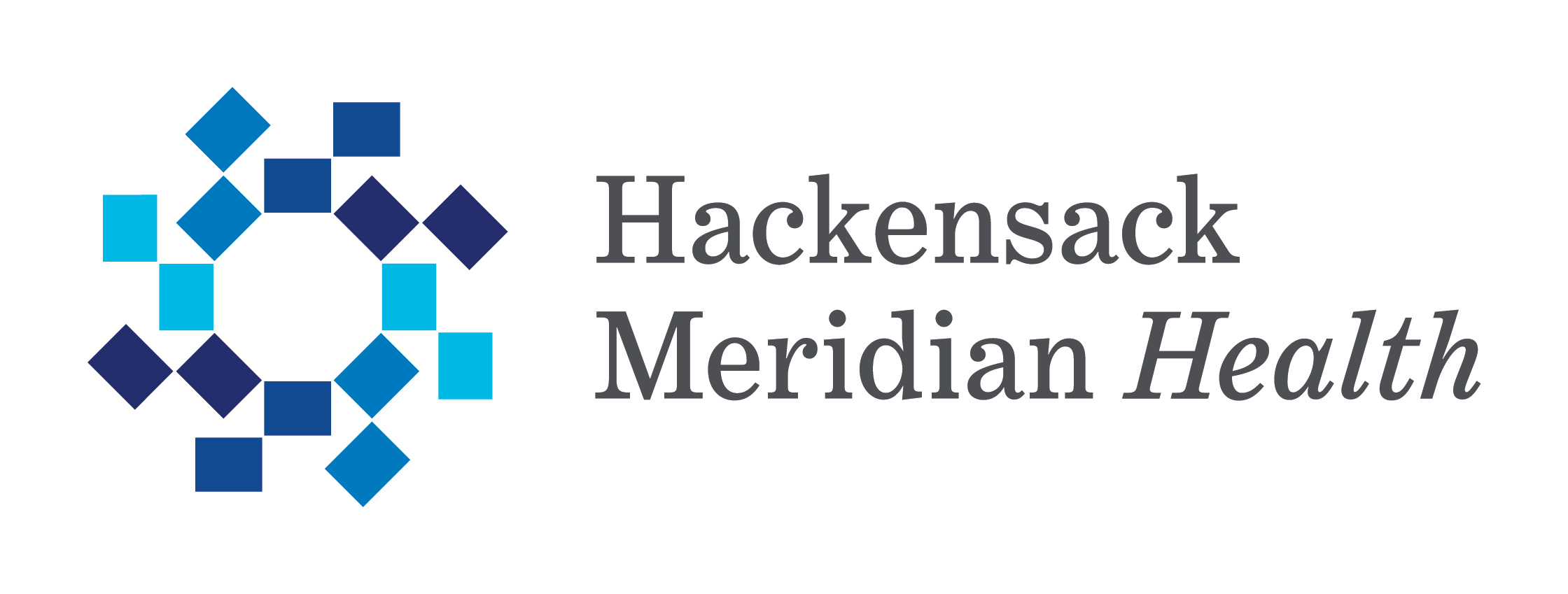While we’re still dealing with the pandemic, it’s fairly common to associate any signs of health abnormality with COVID, even months after you’ve had the virus, but there are some warning signs that may be an indication of lung cancer.
Doctors say many cases of lung cancer are going undiagnosed in the U.S. because there are
"atypical" symptoms that can slip under the radar.
For example, a cough that feels like a tickle at the back of the throat can be a red flag for lung cancer, as well as extreme fatigue and a change in your voice.
Lung cancer is one of the most common and serious types of cancer. Your odds of survival depend on when the cancer is diagnosed. It’s crucial to catch lung cancer at an early stage - that’s why getting screened is extremely important. Screening and treating early stage lung cancer is easier than ever before with new technology like Ion. The novel technology works like a GPS, enabling thoracic surgeons and pulmonologists to navigate the human lung which consists of intricate tissue and a vast network of narrow and delicate airways to access hard-to-reach nodules. The minimally invasive, robotic-assisted tool, shown in this video, can help doctors identify lung cancers earlier and more accurately than with existing technologies, allowing patients to start effective treatment sooner and obtain better outcomes.
With the observance of World Lung Cancer Day, this Monday, August 1, I wanted to offer Dr. Nabil Rizk who is Chief, Division of Thoracic Surgery and John Theurer Cancer Center in Hackensack, NJ to explain the difference and what you can do to minimize your risk of lung cancer spreading.
